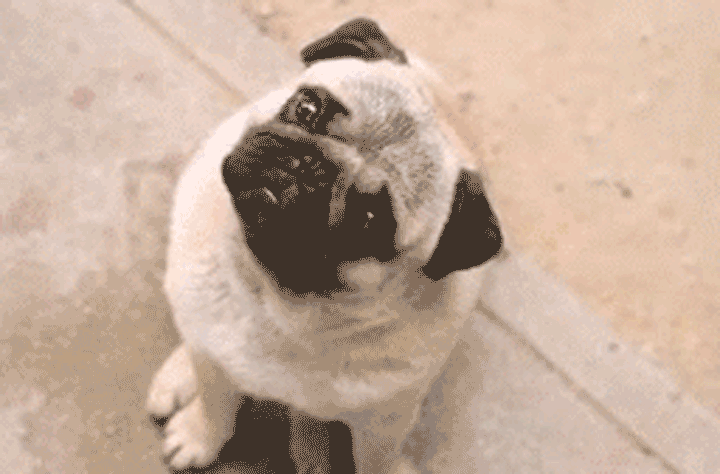Who’s a good boy? What kind of question is that? Don’t be patronizing. The question’s rhetorical, and they know it.
Scientists rolled some very good doggos into an MRI machine and watched their brain activity as trainers spoke to them.
“Dogs care about both words and intonation,” the researchers explain in a video about their study. Their brains use the left hemisphere to process word meaning, and the right to suss out intonation. When dogs are praised, it activates their reward centers — but only if both intonation and word meaning are praising.
But don’t expect your dog, who’s probably somewhere schnozzle-deep in a litter box or another dog’s butthole right now, to display the same kind of comprehension these intensively-trained dogs do. You’ll still be able to sadistically trick your pupper into going happily to the vet with a perky, “Let’s go for a car ride!” Do it enough times, however, and she might start to learn that those noises in that tone don’t always go together.
“‘Understanding’ is a tricky word,” one of the study authors Adam Miklosi told Scientific American. “Studies using brain imaging technology cannot firmly say that the activation of a specific brain area indicates ‘understanding.’ For sure, dogs in this study reacted to the meaningful words, that is, to those words that their owners often use when they want to attract the dog’s attention or provide a positive feedback for the dog. So in this sense our dogs recognized these words as familiar and probably meaning something good.”
So they’re not ready to have a fulfilling conversation with you about the subtle bouquet of blackcurrant and pear in your neighbor’s pug’s butt, but when you ask, “Who’s mama’s clever handsome furbaby!?” they get the gist.


